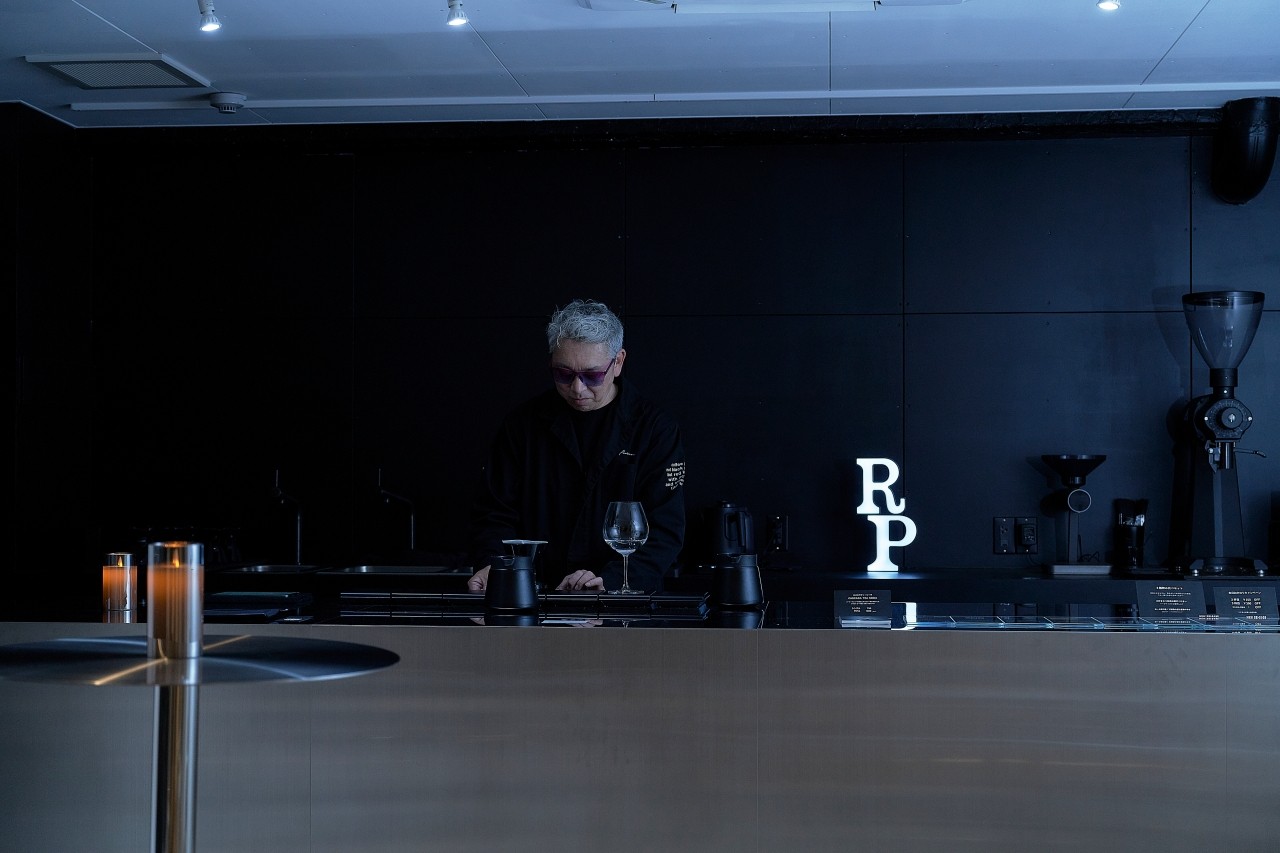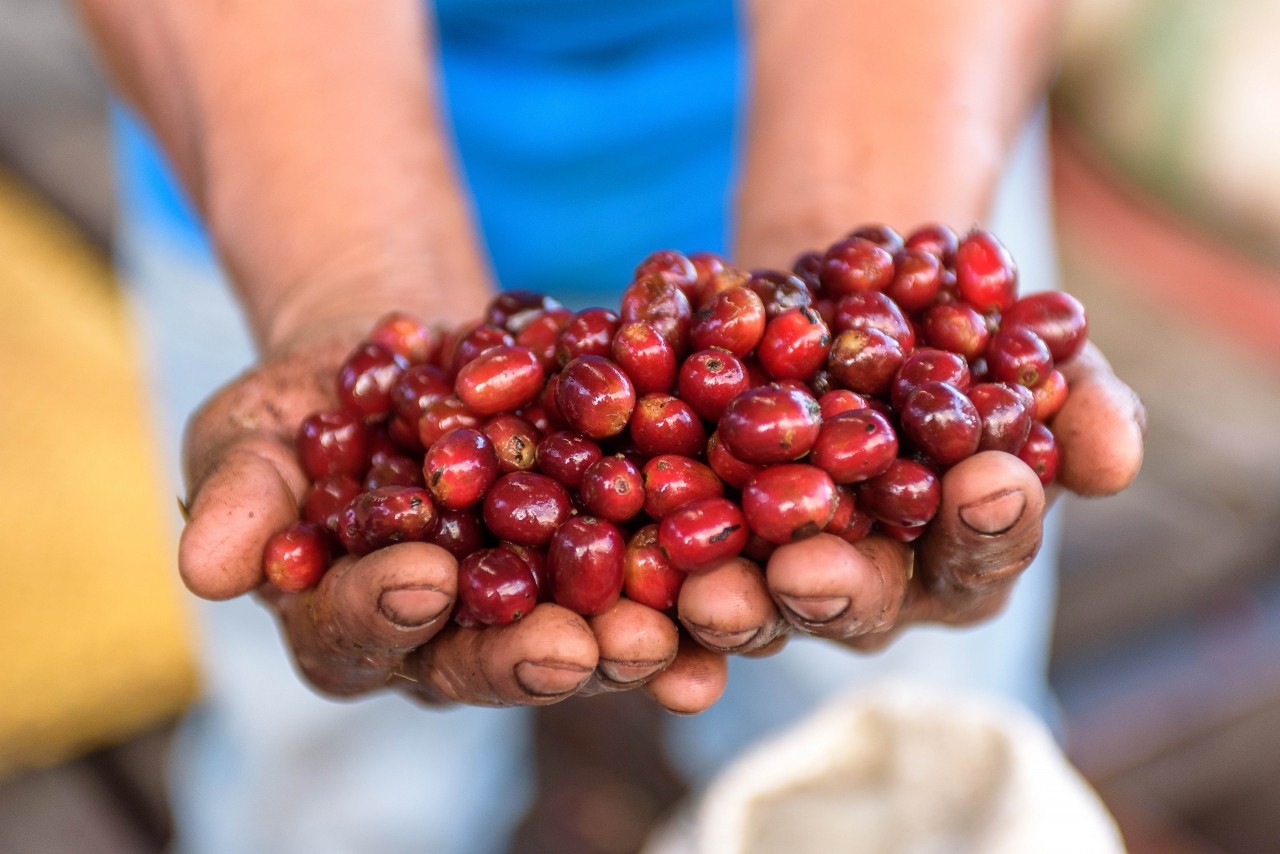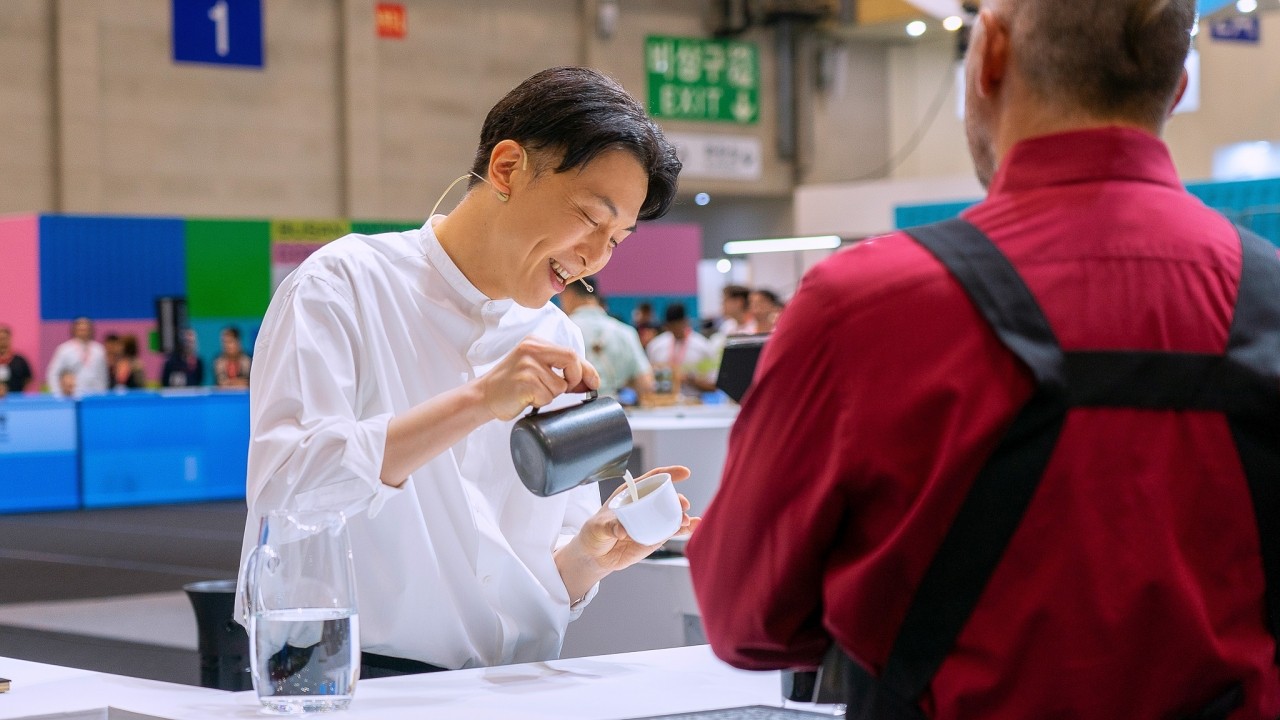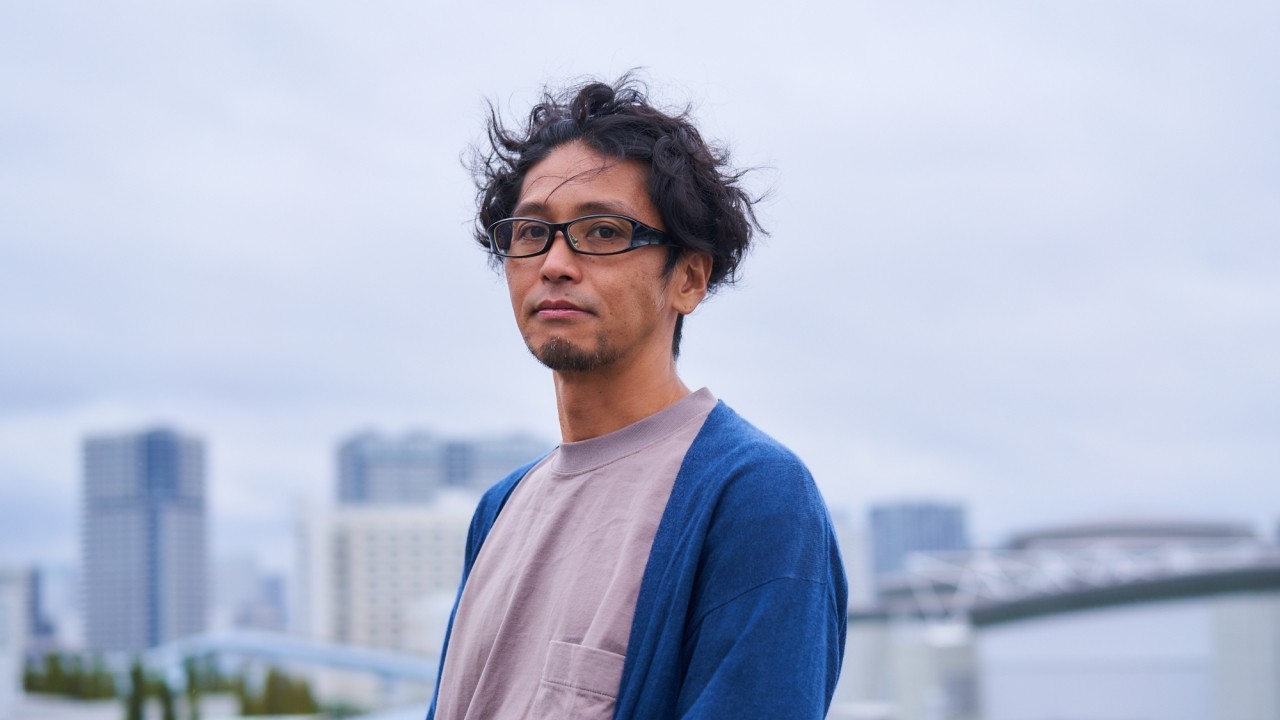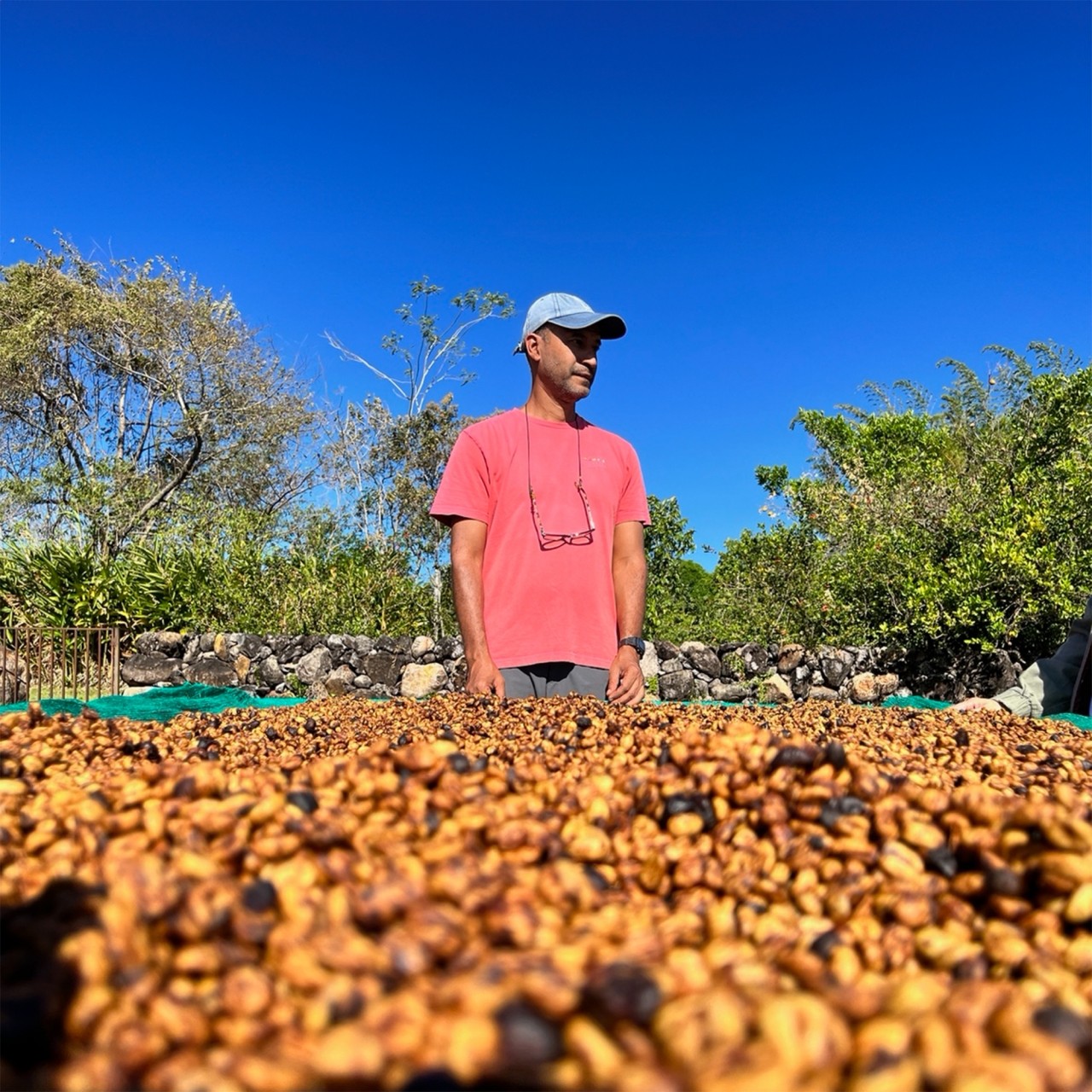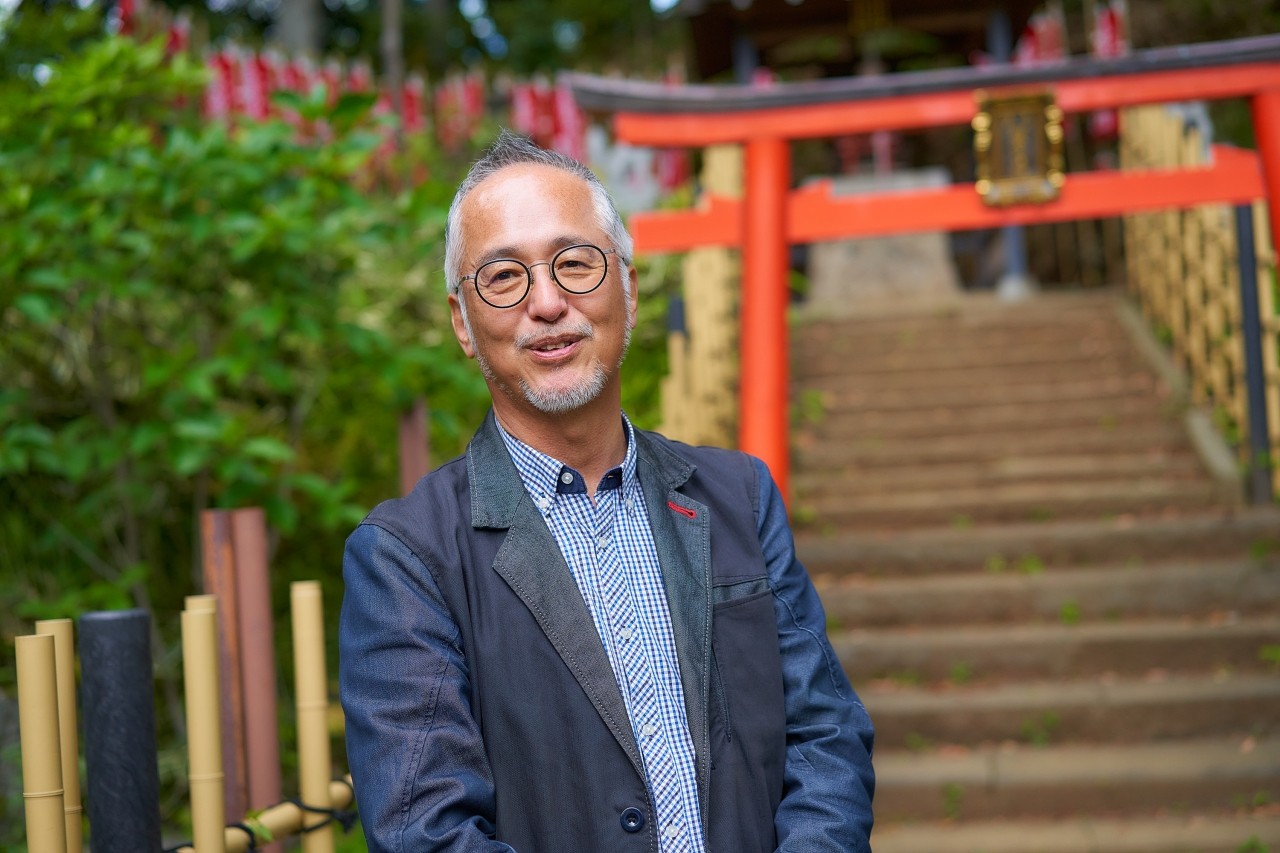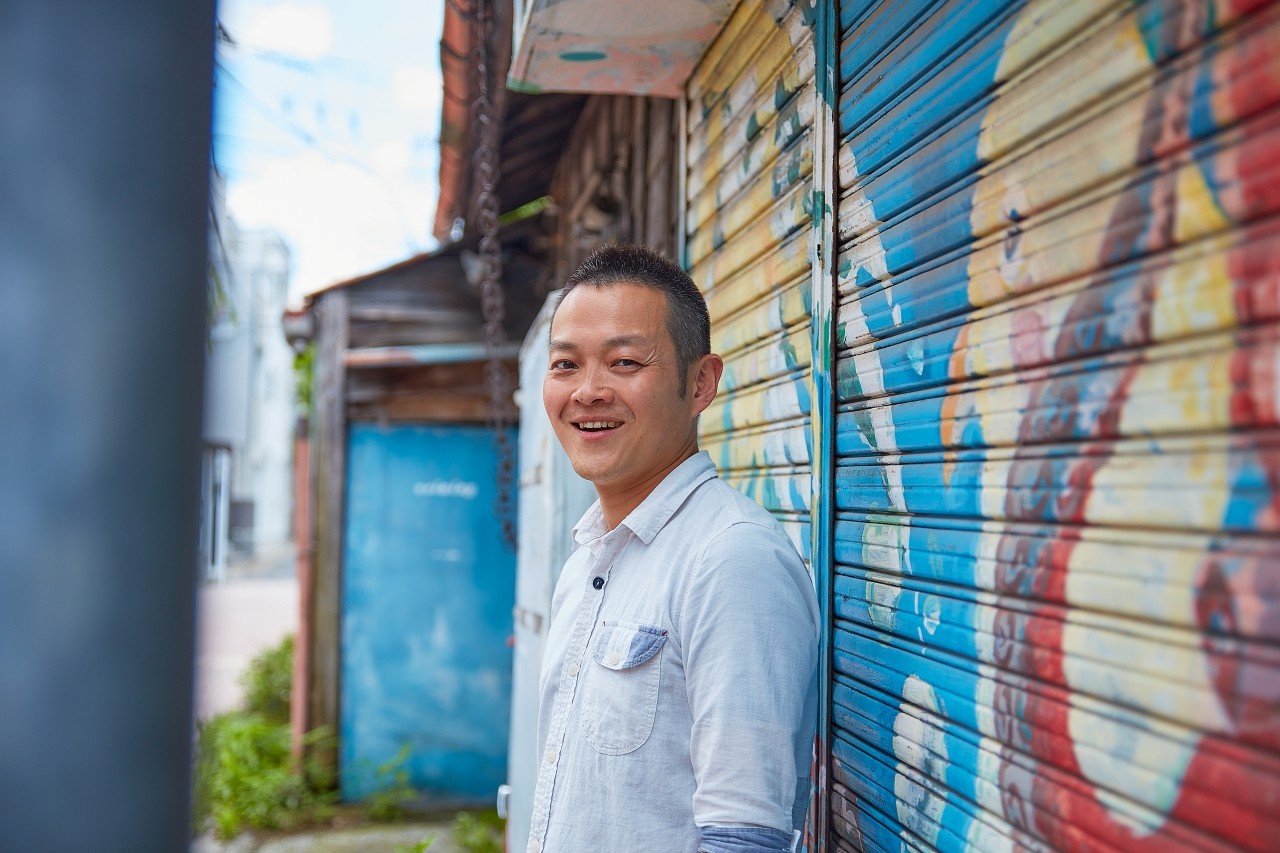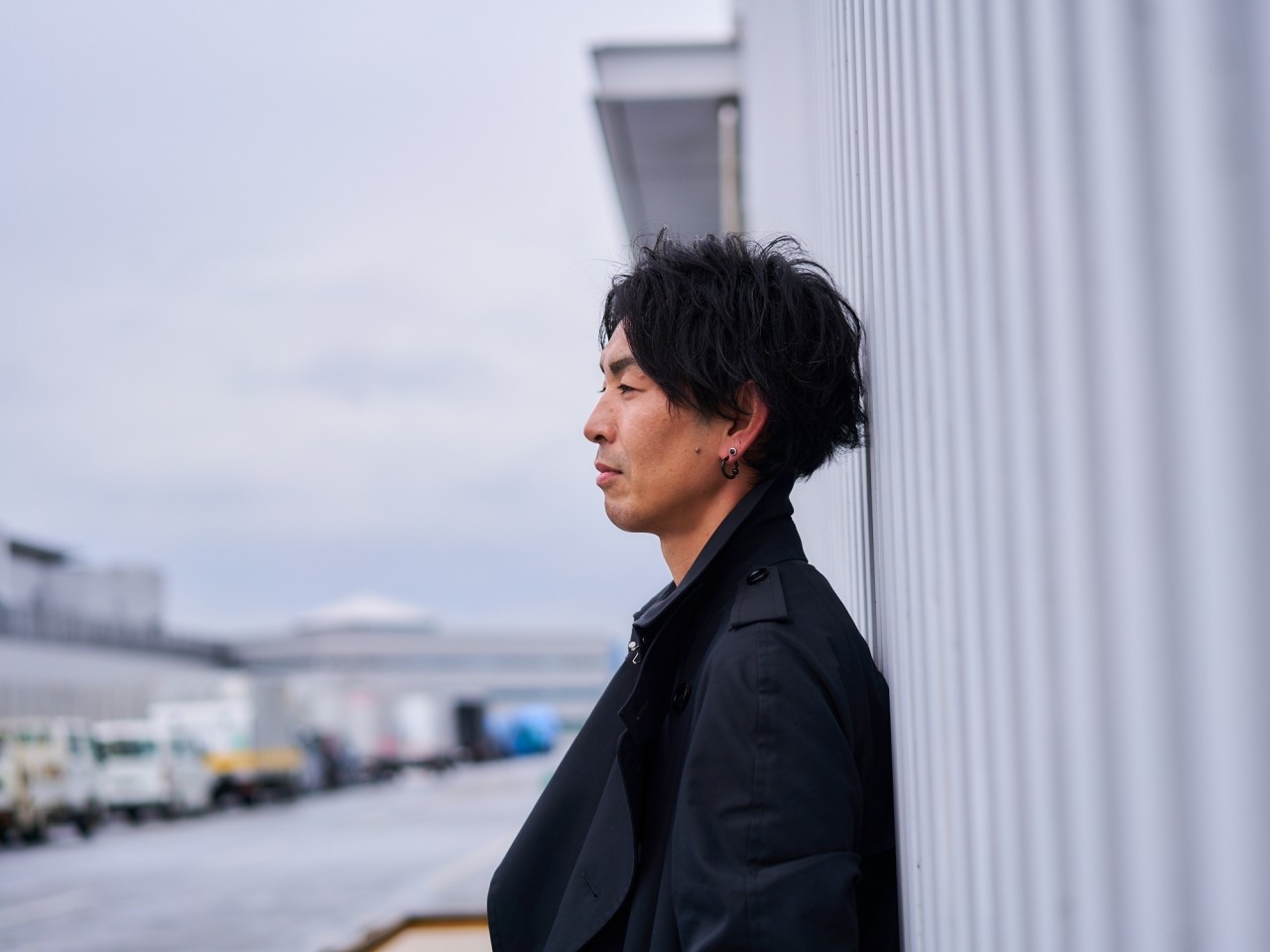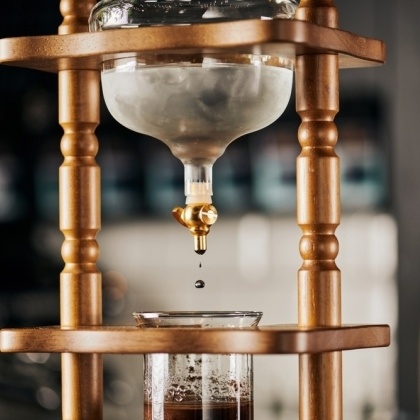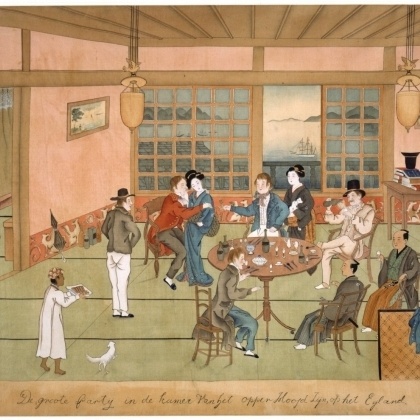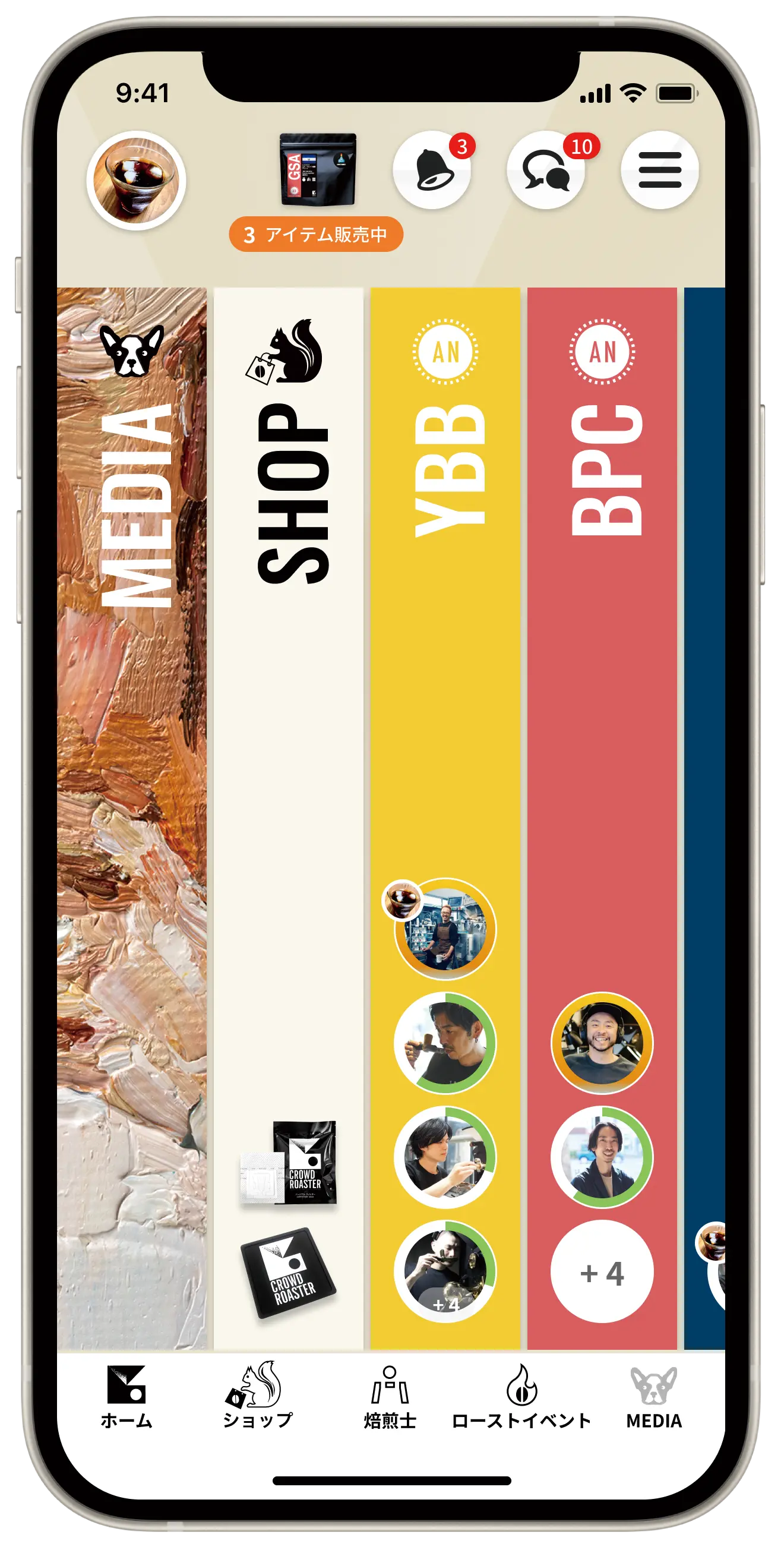I want to cherish the people in front of me. Otonari Coffee, a coffee shop on the second floor of a coin laundry in Jimbocho
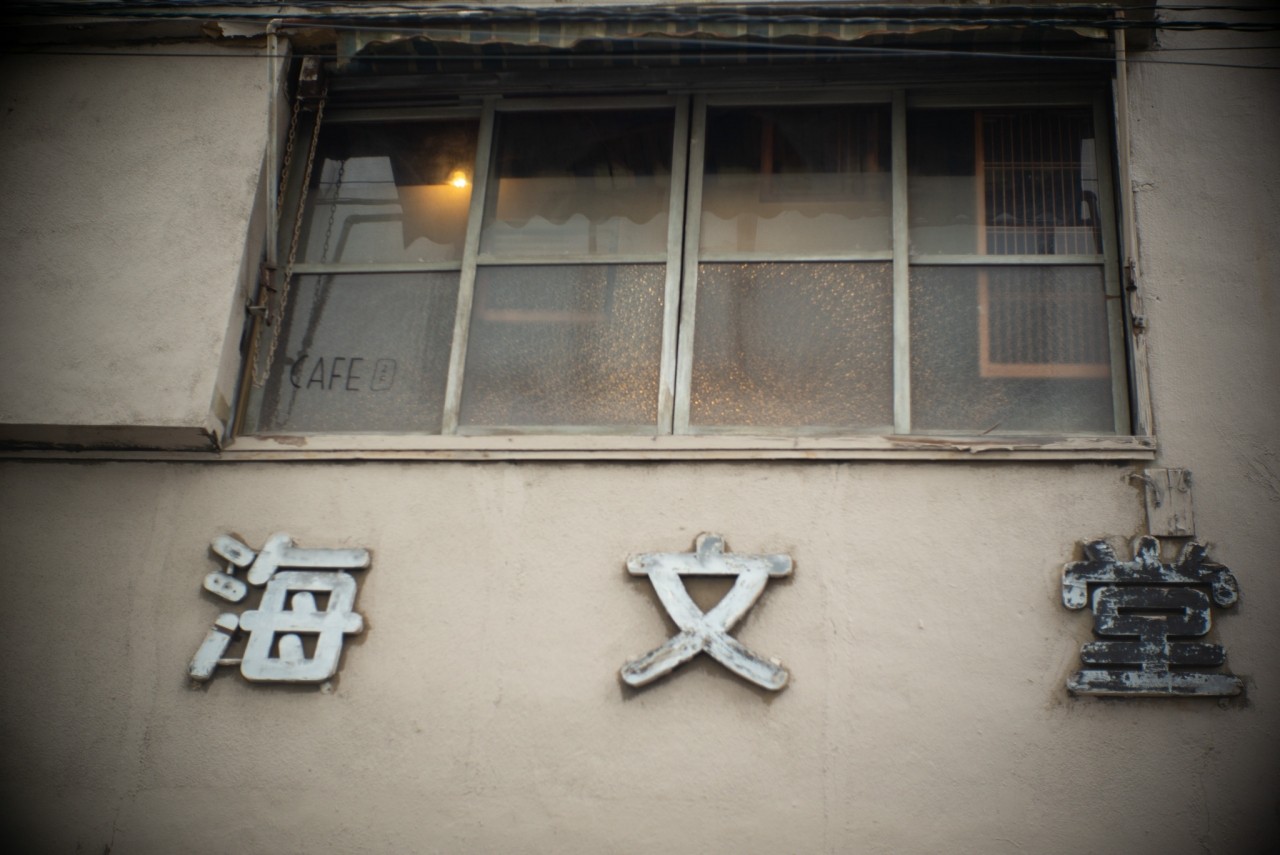
Otonari Coffee is located in a unique location on the second floor of a laundromat in CROWD ROASTER , Tokyo, an old wooden building that was originally a bookstore warehouse.
They use carefully selected beans from specialty coffee roasters all over the country, and offer coffee in a unique style with a different roaster purchasing the beans every month. We spoke to the owner, Yuki Shibata, about her thoughts on roasting and Coffee no Tetsu Manabu .
They use carefully selected beans from specialty coffee roasters all over the country, and offer coffee in a unique style with a different roaster purchasing the beans every month. We spoke to the owner, Yuki Shibata, about her thoughts on roasting and Coffee no Tetsu Manabu .
------
In August, CROWD ROASTER and Otonari Coffee will collaborate! You can enjoy CROWD ROASTER coffee at Otonari Coffee.
This time, we are also offering a special coffee, the precious, extremely small lot "Panama Altieri Farm Geisha "!
------
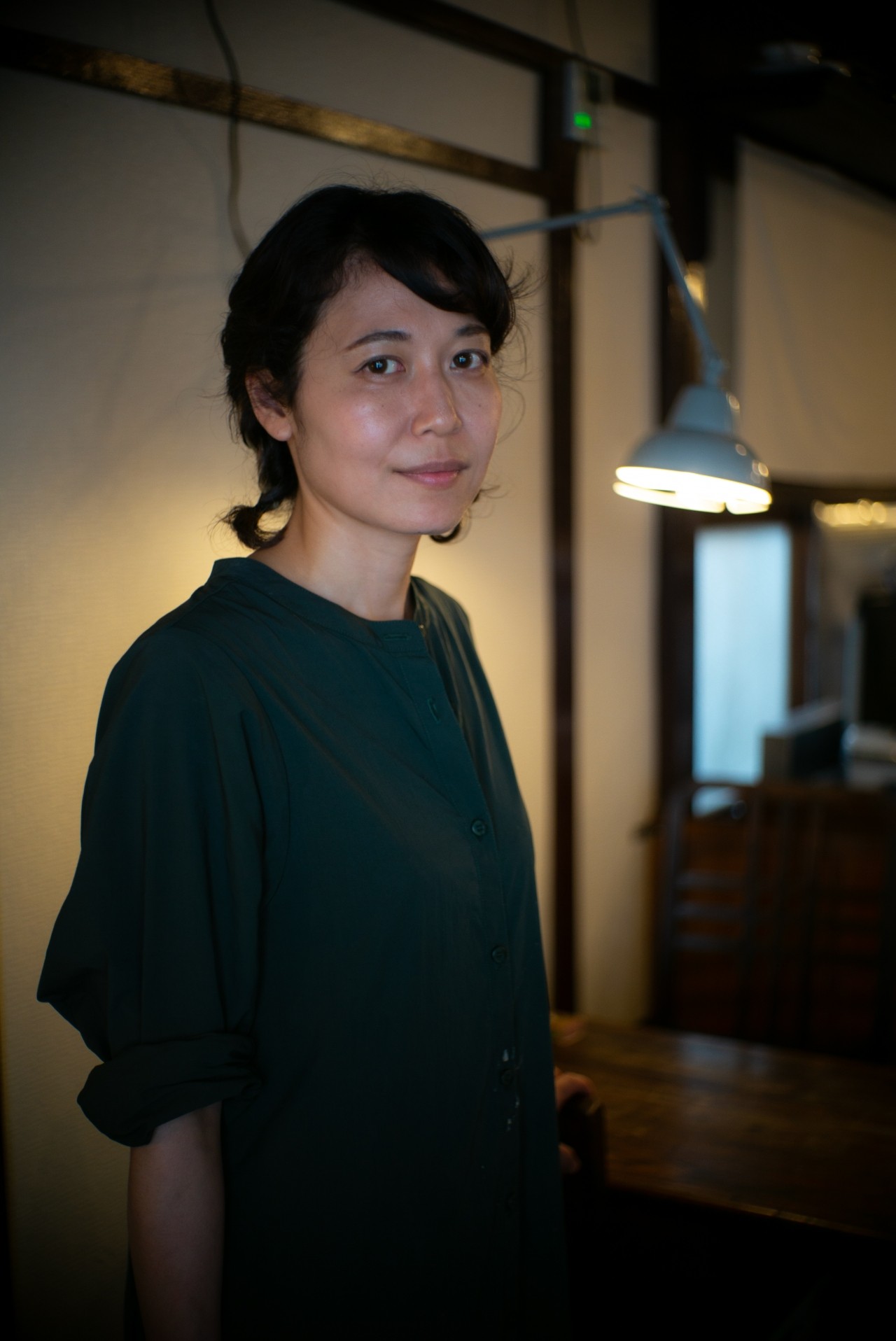
A deep connection with coffee
Shibata first encountered coffee during his working holiday in Australia. His experience of the charm of coffee as a part of everyday life in the home of cafe culture became the starting point for his current activities. After returning to Japan, he served as manager of Shimofuri Coffee in Komagome, Tokyo, where he helped create a shop beloved by the local community.
As a barista, Shin is deeply committed to coffee and has competed in the Japan Barista Championship (JBC) four times. He has also participated in seminars led by Japanese Barista Champion Takayuki Ishitani to further hone his skills. He has also been involved in the world of competitions, serving as a judge at the Japan Brewers Cup twice.
After this experience, Shibata opened Otonari Coffee, which is a unique space unlike any other and pursues ways to enjoy coffee.
As a barista, Shin is deeply committed to coffee and has competed in the Japan Barista Championship (JBC) four times. He has also participated in seminars led by Japanese Barista Champion Takayuki Ishitani to further hone his skills. He has also been involved in the world of competitions, serving as a judge at the Japan Brewers Cup twice.
After this experience, Shibata opened Otonari Coffee, which is a unique space unlike any other and pursues ways to enjoy coffee.
Manabu A man who values the people in front of him
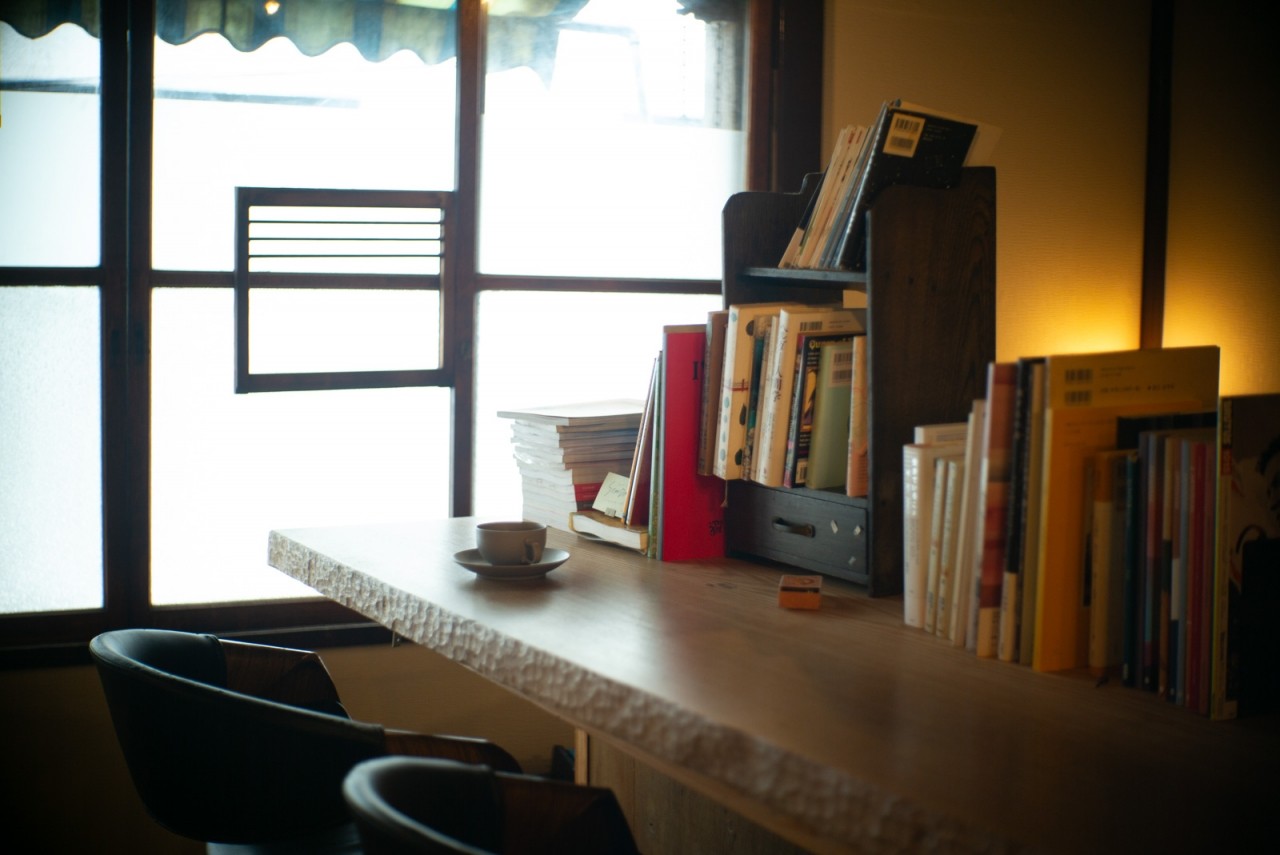
"I want to cherish the things I can touch. I hope that the people who drink coffee here can live safe and secure lives," says Shibata. These words reveal her unique perspective on coffee shops and the coffee industry.
"In terms of my business partners, I hope that the environment in which roasters can do business healthily will continue. I believe that this will also help protect the people who select high-quality beans and grow them."
"In terms of my business partners, I hope that the environment in which roasters can do business healthily will continue. I believe that this will also help protect the people who select high-quality beans and grow them."
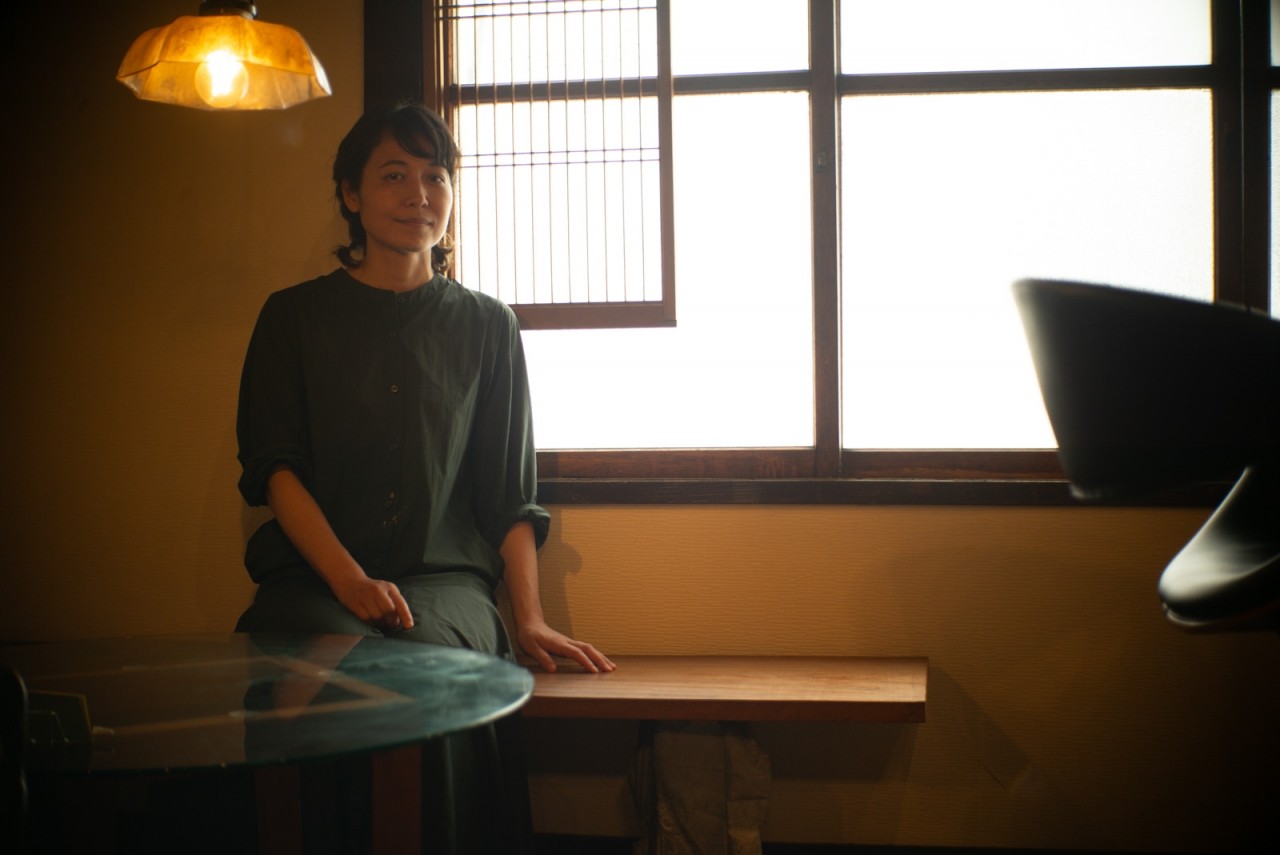
What Shibata values most is the people next to him: his customers and roasters.
"I believe that being honest, straightforward, and doing things with Shin towards what is in front of you will ultimately lead to the continued quality of coffee. I feel that it is becoming more difficult to do things honestly in today's world, but even if my shop were to go under, I want to see it through."
A strong passion for Japanese roaster culture

Otonari Coffee offers coffee from a variety of roasters, but behind this is a deep respect for Japanese roasting culture.
"I think Japan's roaster culture is incredible, and the drip culture that began with the cloth filter was built up little by little by our Japanese predecessors. I think we can unravel this a little more thoroughly, not through the third wave, but through the many coffee shops in Jimbocho that have been serving coffee for a long time."
Shibata has a strong desire to have the coffee of those who make delicious coffee with Shin be recognized. "I think that Japanese roaster culture and the artisanal way of thinking are completely different from those of people overseas. Japanese people have a strong sense of humanity, like being sensitive or detailed."
"I think Japan's roaster culture is incredible, and the drip culture that began with the cloth filter was built up little by little by our Japanese predecessors. I think we can unravel this a little more thoroughly, not through the third wave, but through the many coffee shops in Jimbocho that have been serving coffee for a long time."
Shibata has a strong desire to have the coffee of those who make delicious coffee with Shin be recognized. "I think that Japanese roaster culture and the artisanal way of thinking are completely different from those of people overseas. Japanese people have a strong sense of humanity, like being sensitive or detailed."
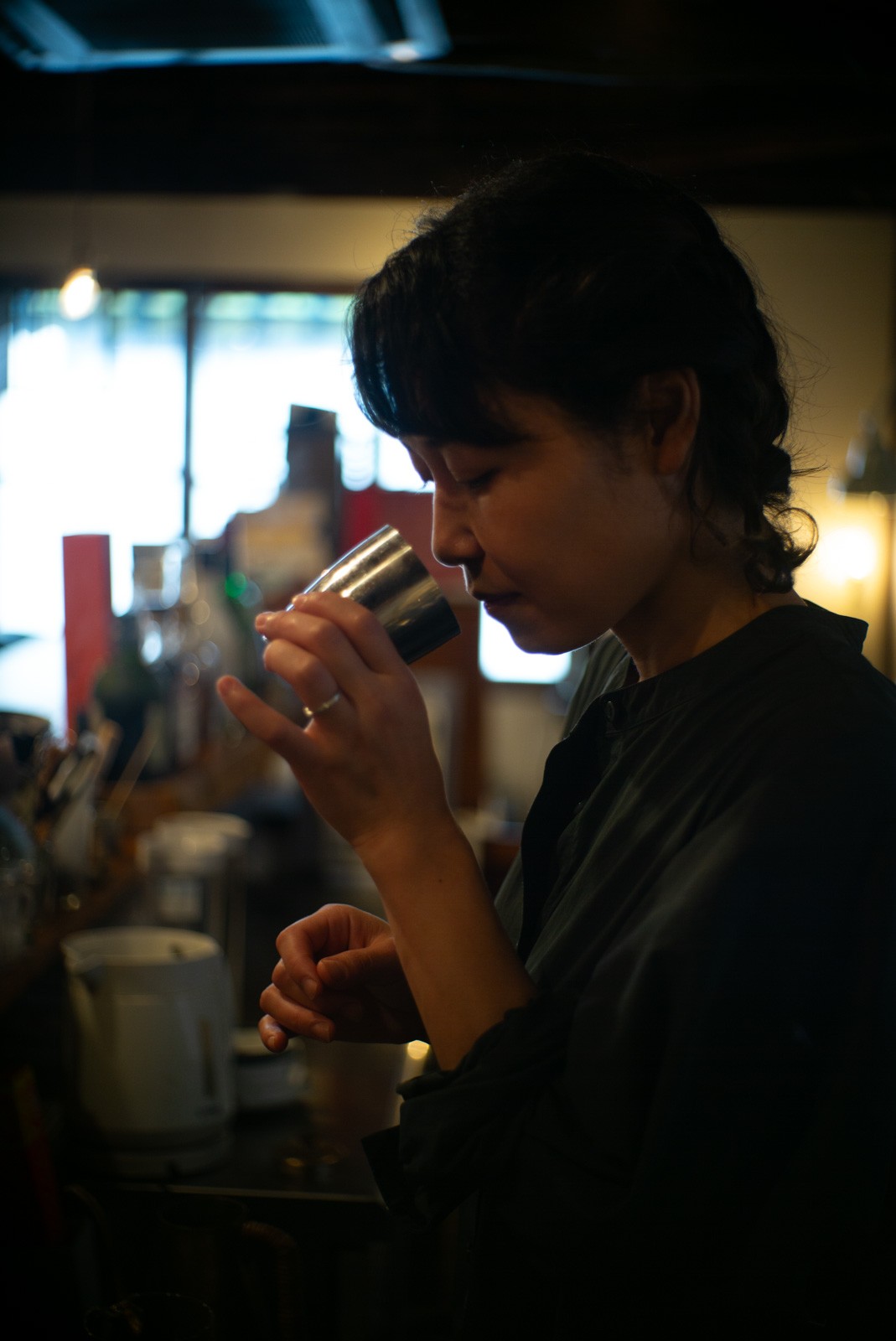
It was my experience at Hyakuto Coffee that led me to these thoughts.
"There was a time when the owner of the roastery where I used to work taught me a little about roasting. The owner had a very artisanal feel to him, and he spoke very little about the taste of coffee compared to other people. But I drank it every day, and I got the feeling that he really understood how to express things when it comes to coffee roasting.
There are people who are good at roasting coffee even if they're not particularly good at putting things into words, and I'm probably not very good at this kind of craftsmanship, so I thought I might be better suited to communicating."
Empathy for a platform that focuses on roasters
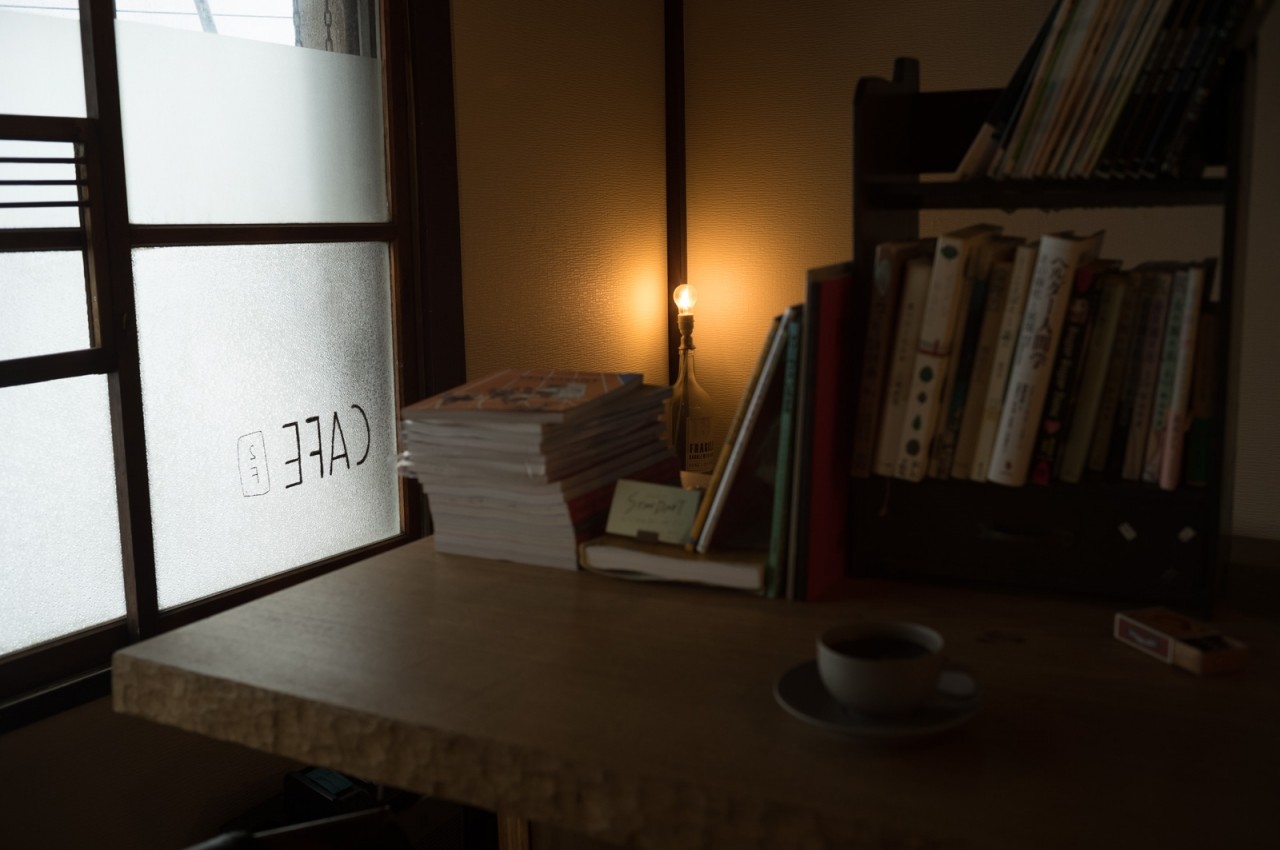
Shibata, who values Japan's roasting culture, was also interested in CROWD ROASTER CROWD ROASTER , a platform that shares the individuality and techniques of roasters.
"I installed it right away at the beginning and thought it was an amazing scheme. I wondered what it would mean and who would do it. I thought it would be a lot of work."
However, he deeply sympathizes with the concept. "It's not so much an advantage as it is something that others would never do or be able to do, so I think that's a very strong point. Even if you think something like that is good, you probably wouldn't want to do it."
The attitude of shining a spotlight on the skills and passion of each individual roaster is in line with the values that Shibata holds dear.
The importance of trusting your own senses
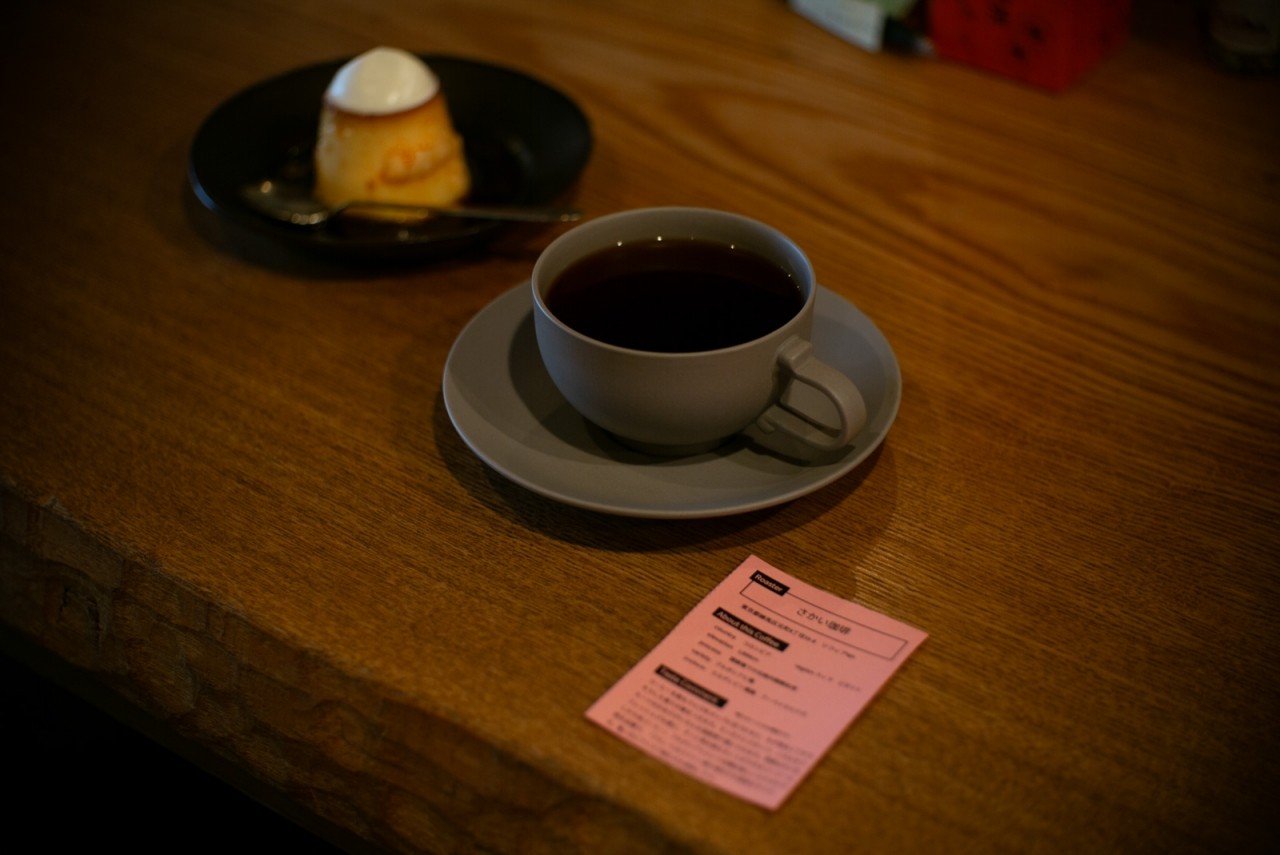
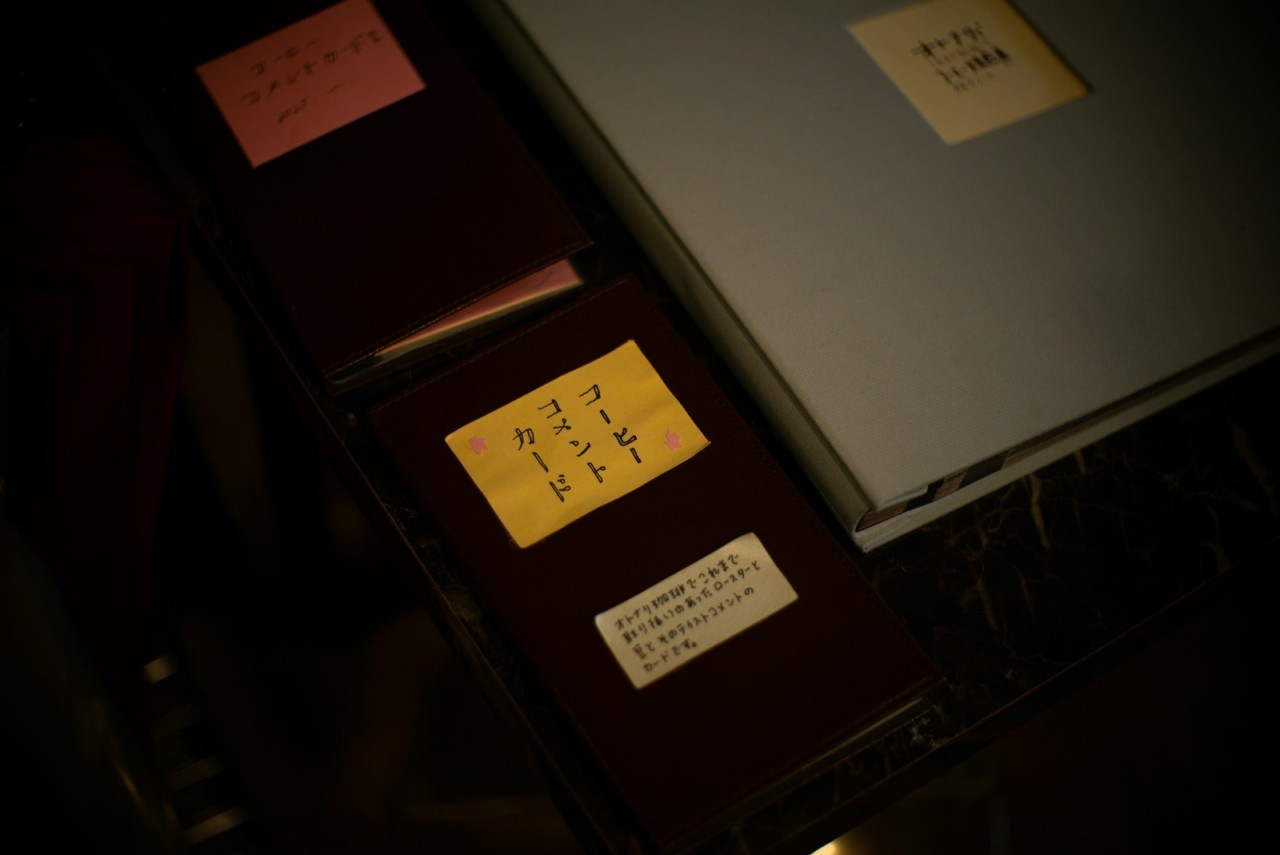
Inside Otonari Coffee, there are "comment cards" available for each brand of coffee. On these cards, customers write their impressions of the coffee, labeled "This is a personal, momentary impression," but these cards are filled with Shibata's deep feelings.
"For example, if a professional says, 'This is the best coffee ever,' people are likely to believe it. But if you don't think it tastes good, you want to tell them that it doesn't taste good. What you think is 'good' is the best 'good' for me, so I make sure to tell them over and over again that this is important to them."
When asked why he places these comment cards, he says, "First of all, I want people to know that it's okay to perceive coffee in their own way." He adds, "Rather than just accepting what someone says is the best, I think it's okay for everyone to live by their own feelings." To convey this message, cards are also available on which customers can write their own impressions.
Manabu 's approach is consistent even when running his stores. "I write down the approximate numbers for the recipe and say, 'This is the outline for this month.' I then tell the staff to taste it themselves and make any changes they like. Even if you brew it the same way, the taste will be slightly different every day, so I might make a slight change between yesterday and the day before. I tell them to brew it in the way that they think is best for that day."
"For example, if a professional says, 'This is the best coffee ever,' people are likely to believe it. But if you don't think it tastes good, you want to tell them that it doesn't taste good. What you think is 'good' is the best 'good' for me, so I make sure to tell them over and over again that this is important to them."
When asked why he places these comment cards, he says, "First of all, I want people to know that it's okay to perceive coffee in their own way." He adds, "Rather than just accepting what someone says is the best, I think it's okay for everyone to live by their own feelings." To convey this message, cards are also available on which customers can write their own impressions.
Manabu 's approach is consistent even when running his stores. "I write down the approximate numbers for the recipe and say, 'This is the outline for this month.' I then tell the staff to taste it themselves and make any changes they like. Even if you brew it the same way, the taste will be slightly different every day, so I might make a slight change between yesterday and the day before. I tell them to brew it in the way that they think is best for that day."
Overseas communication and future prospects
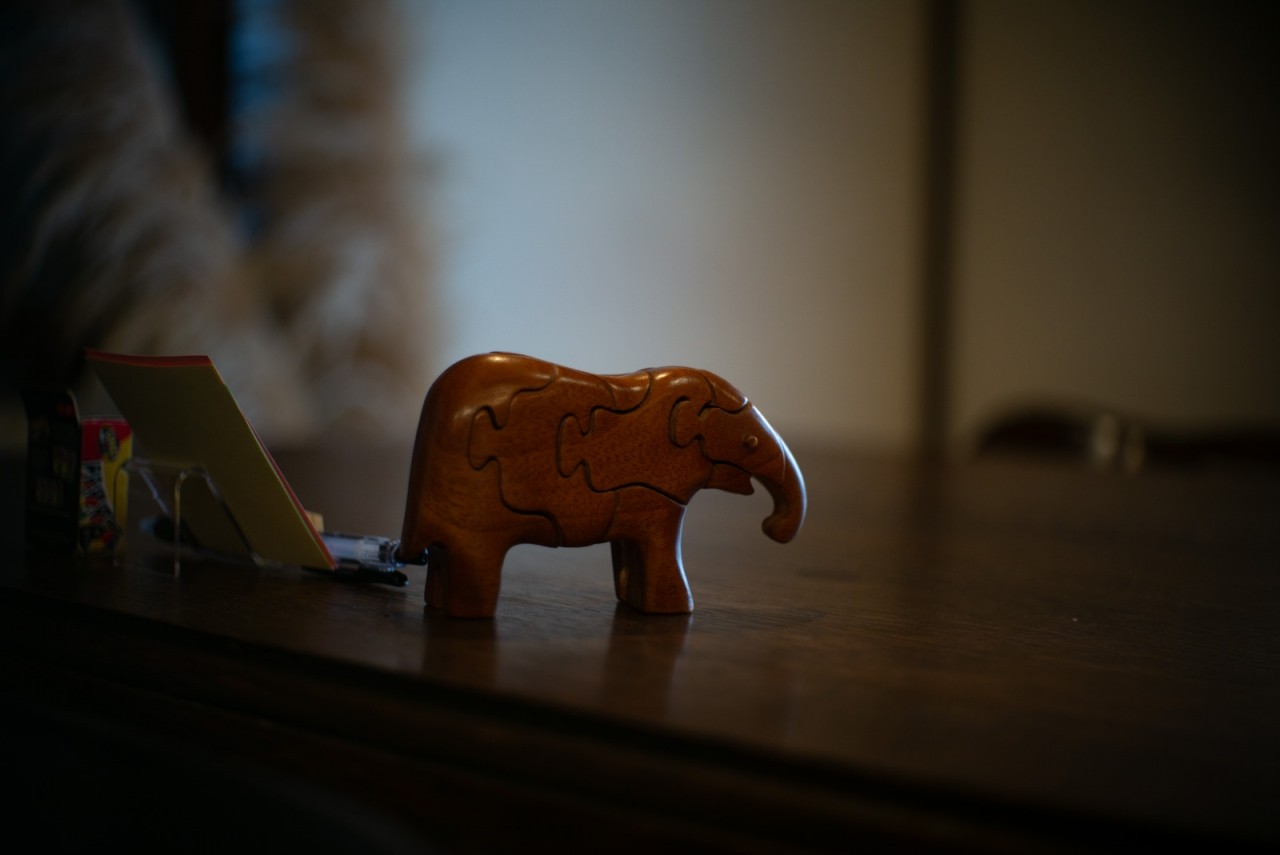
Shibata has a big goal of spreading Japanese roaster culture overseas. "I've been conducting long interviews with roasters and publishing them, and I've been thinking about translating them and creating an English website for a few years now."
"I thought that if I interviewed Japanese roasters, who have a craftsman-like mindset, as someone in the coffee industry, I might be able to draw out deeper stories. Even though it's global, I want to focus on Japanese roasters rather than importing beans from overseas."
Shibata aims to make "clean, sweet coffee." He says his ideal coffee is one that "enters your body naturally, and makes you think it was delicious at the end. Rather than one with a very strong flavor, it's sweet, so you can put it in your mouth without thinking."
In the unique space of Otonari Coffee, where the space itself seems to reflect Shibata's ideas, Shibata continues to quietly but surely weave the coffee culture he pursues.
"I thought that if I interviewed Japanese roasters, who have a craftsman-like mindset, as someone in the coffee industry, I might be able to draw out deeper stories. Even though it's global, I want to focus on Japanese roasters rather than importing beans from overseas."
Shibata aims to make "clean, sweet coffee." He says his ideal coffee is one that "enters your body naturally, and makes you think it was delicious at the end. Rather than one with a very strong flavor, it's sweet, so you can put it in your mouth without thinking."
In the unique space of Otonari Coffee, where the space itself seems to reflect Shibata's ideas, Shibata continues to quietly but surely weave the coffee culture he pursues.
"In the sense that a large number of people gather in one place, I think it's very important that people with different values can be together," he says, and Otonari Coffee has taken root in the Jimbocho area as a place where diverse people gather.
And there is a rich time flowing there, allowing people to reflect on their own lives and way of living.
And there is a rich time flowing there, allowing people to reflect on their own lives and way of living.
In August, CROWD ROASTER and Otonari Coffee will be collaborating!
CROWD ROASTER coffee is served at Otonari Coffee.
The roasters we asked were Fujiyama Hiroyasu of FUJIYAMA COFFEE, Takuya Miura of FUKUSUKE COFFEE ROASTERY , and Manabu Narita of Marley .
The coffee is SL28 from El Salvador. We have three different roasters roast the same coffee, so you can compare the different roasts at Otonari Coffee!
We also offer a special selection of Panama Geisha coffee from Altieri Farm.
This precious Altieri Geisha Natural is a very small batch coffee, with a unique aroma of red wine and various berries.
This August, be sure to enjoy CROWD ROASTER coffee along with Otonari Coffee's sweets menu!
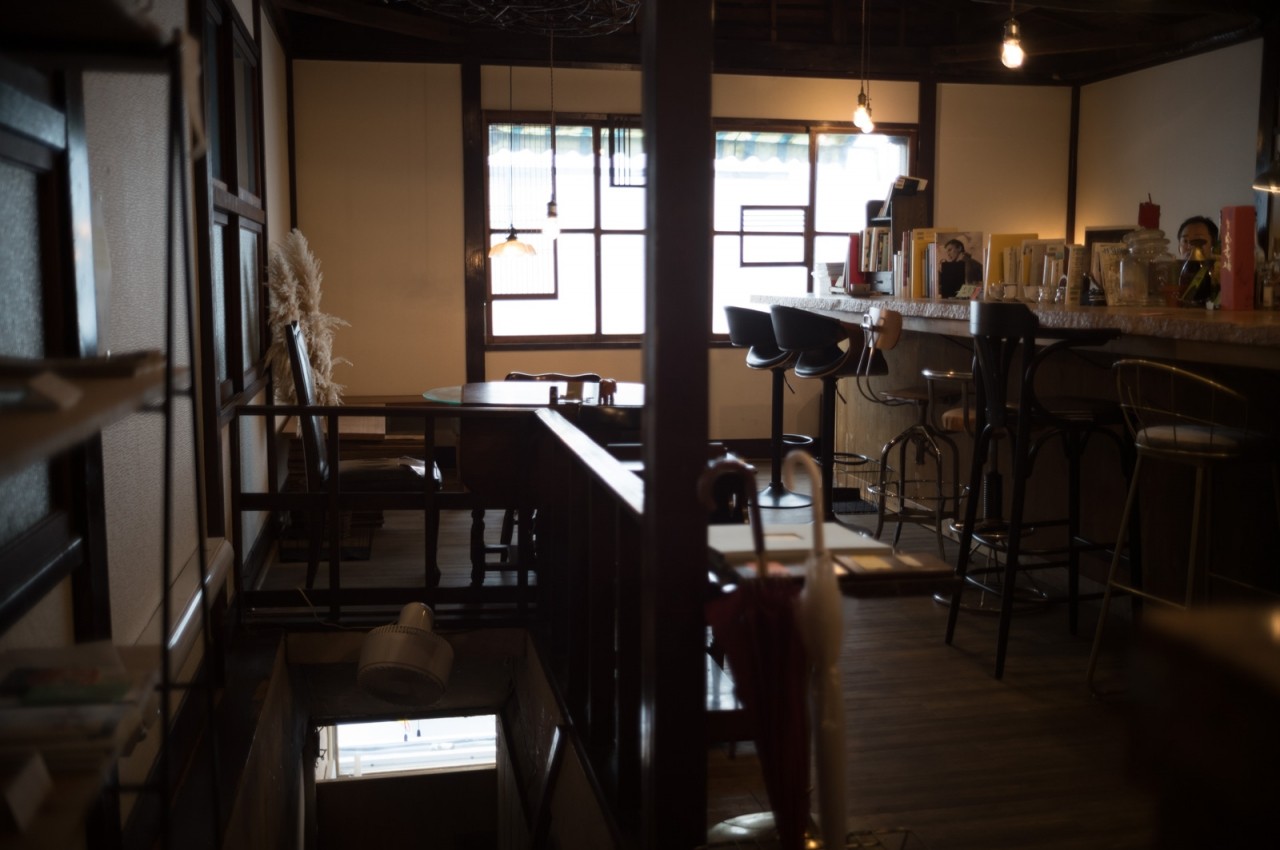
Otonari Coffee <br />2-48 Kanda Jinbocho, Chiyoda-ku, Tokyo, 2nd floor
*1F is "Coin Laundry Xanadu Suidobashi Jimbocho Store"
Summer opening hours: 15:00 – 22:00
Summer vacation from August 25th to August 28th (check Instagram for other dates)
Summer vacation from August 25th to August 28th (check Instagram for other dates)
2025.08.04
Text by CROWD ROASTER
Photo by Takurow
If you want to enjoy coffee more deeply
" CROWD ROASTER APP"
Manabu at CROWD ROASTER LOUNGE
・Push notifications for article updates・Full of original articles exclusive to CROWD ROASTER
・Direct links to detailed information about green beans and roasters
App-only features
- Choose green beans and roasters to create and participate in roasting events・CROWD ROASTER SHOP: Everything from beans to equipment is readily available
・GPS-linked coffee map function

